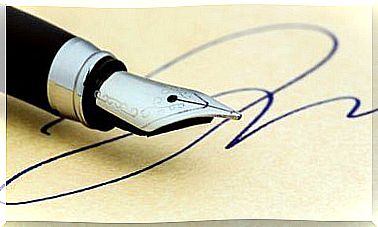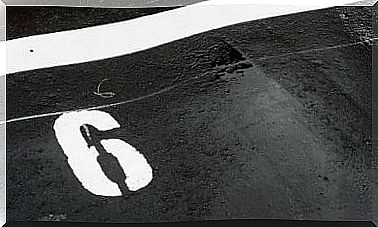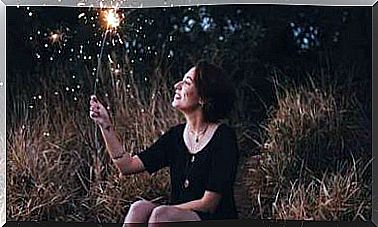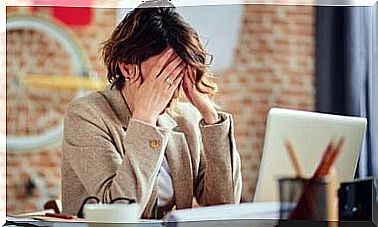Catastrophizing In The Face Of Pain
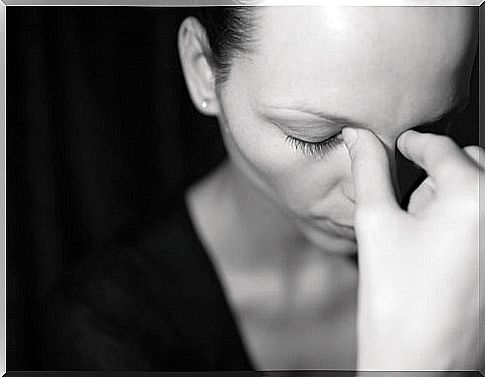
Pain catastrophizing is a psychological construction in which physical pain is approached from an extremely negative perspective. The effect of this approach, paradoxically, is an increase in pain itself and in the experience of suffering that it causes.
When a person carries out this process of catastrophizing in the face of pain, they do not do it voluntarily. This psychological construction is similar to that carried out in the face of trauma; In other words, the emotional impact becomes so strong that it exceeds the ability of a person to deal with it reasonably and manifests itself in inappropriate behaviors, without the affected person trying to do so.
Likewise, many times the catastrophizing of pain is due to the fact that the doctor or therapist does not sufficiently explain the health condition and the nature of the annoying sensations. In this way, the affected person has perceptions that are strange to him and that, for this reason, induce a great apprehension about what is happening in his body.

Catastrophizing in the face of pain
Catastrophizing in the face of pain has been defined in different ways, but they all have a lot in common. In principle, it is understood as a very negative cognitive and emotional orientation in the face of physical pain. Also as an inordinate tendency to focus on the experience of pain, magnify the damage caused by it and build the idea that one is unable to handle this experience.
This can be summarized by saying that it is a marked aversion to physical pain, coupled with phobic sensations and accompanied by a deep feeling of hopelessness . It has been established that all these feelings and emotions together cause an increase in physical pain, which, in turn, reinforces the catastrophization.
It should be noted that acute pain, that is, that which arises from a specific health condition and then disappears, fulfills the role of alerting to the presence of some problem or damage in the body.
In other words, it is an indicator of the brain so that everyone attends to something negative that happens in their body. Chronic pain , on the other hand, loses that role of indicator and becomes a toxic factor for the mind.
The experience of pain
Physical pain causes emotional suffering, just as the reverse sometimes occurs. It must be taken into account that such physical pain is not an isolated experience in life. It occurs within the framework of certain circumstances, within which the emotional state of the person who suffers it stands out.
The typical responses that arise from catastrophizing to pain are two: fear-avoidance and passive coping. Let’s see.
- Fear-avoidance. In this response, feelings of anxiety tend to predominate. Apprehension towards physical pain leads to totally rejecting this experience. Any sign of pain is seen directly as a threat to well-being.
- Passive coping. In this type of response, depressive feelings tend to predominate. Physical pain is approached as a martyrdom that must be suffered and against which it is impossible to respond actively.
In both cases, the emotional state involved and the attitude towards the experience usually lead to the experience of pain being magnified. This mental construction leads to, indeed, the pain is perceived with greater intensity and the suffering is much greater.
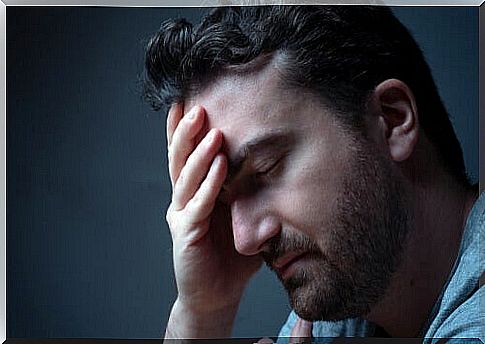
Refocus the experience
It is not about taking the opposite stance and minimizing the experience or the pain itself. The appropriate thing in these cases is to develop a new way of seeing the experience, which is more realistic and more constructive for those who suffer from the sensation.
To achieve this, there are several axes to take into account:
- Observation. Knowing the pain is a way to deal with it in a better way. It is convenient to breathe and mentally monitor this pain, trying to pinpoint the location and characteristics of the pain that is experienced.
- Acceptance. Not resisting the experience could help reduce the suffering caused by the pain and the pain itself. Breathing or natural palliative measures help to cope with this pain.
- Understanding. Learning about the nature and properties of pain helps enrich observation and build acceptance. Doctors play an important role in this.
- Nuance the focus. Pain cannot become the only area to which attention is focused. It is important to prevent it from invading life globally and leading to constant thinking about it.
The hardest thing to overcome is the fear of pain. By nature, we all want to avoid it, but we also all experience it at times. If the mind and emotions can be balanced with certainty, the experience of pain will become much more manageable and can be better coped with.
